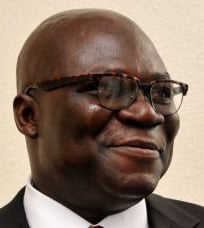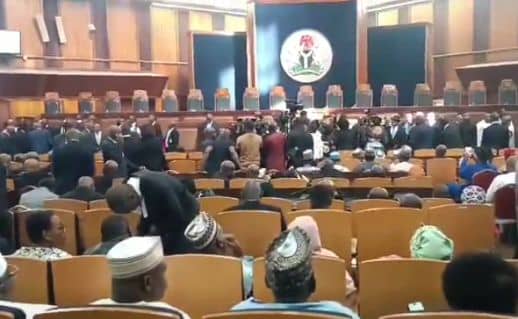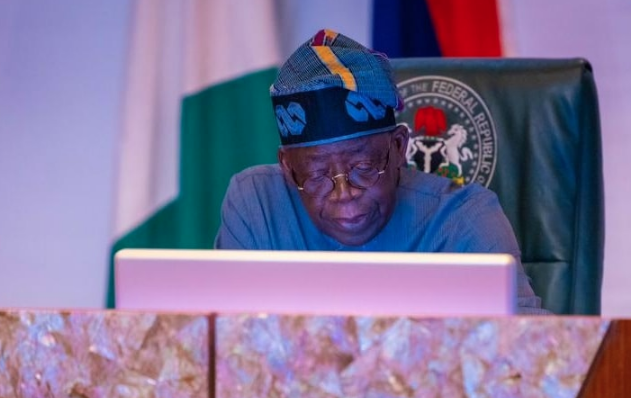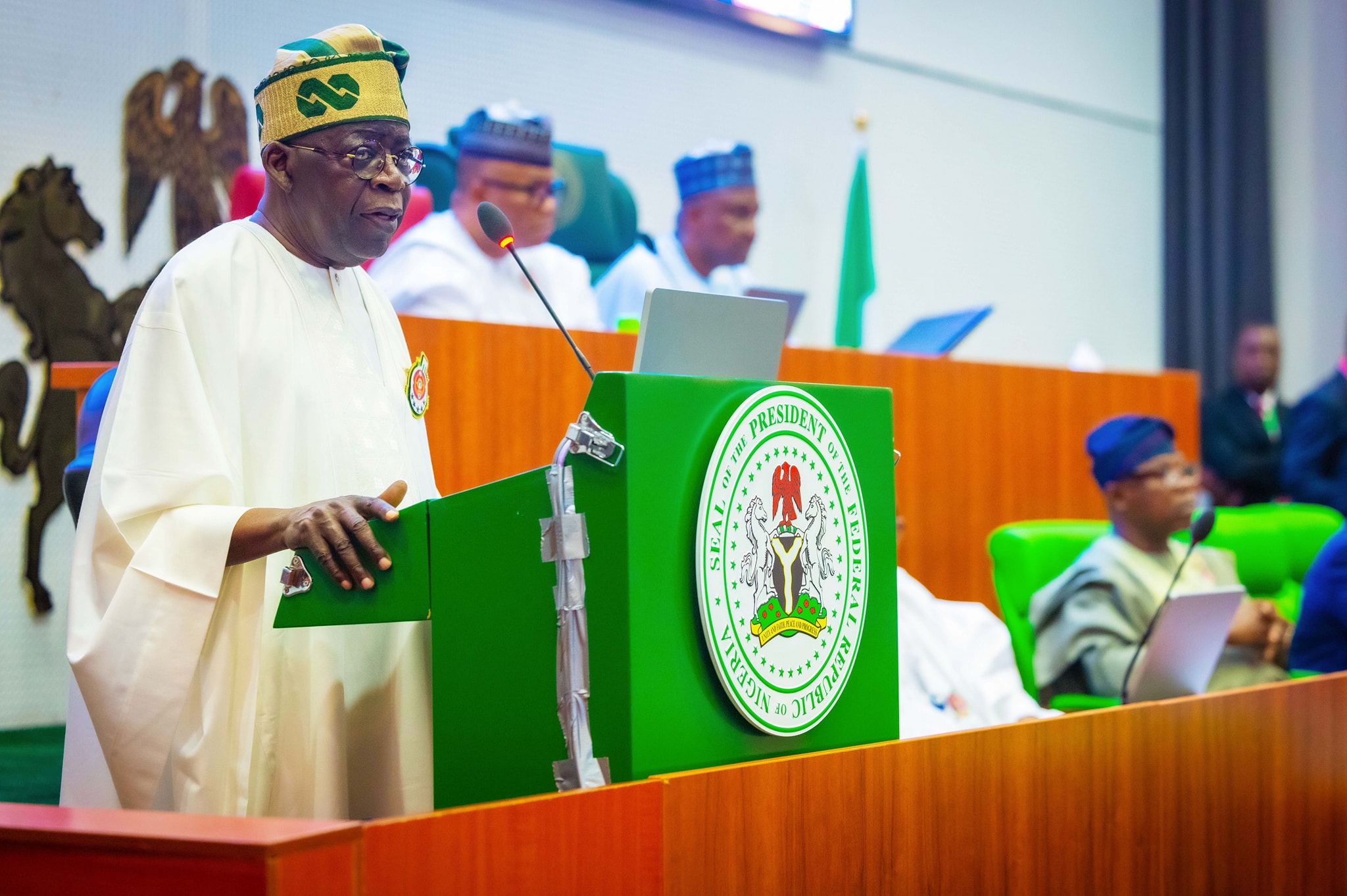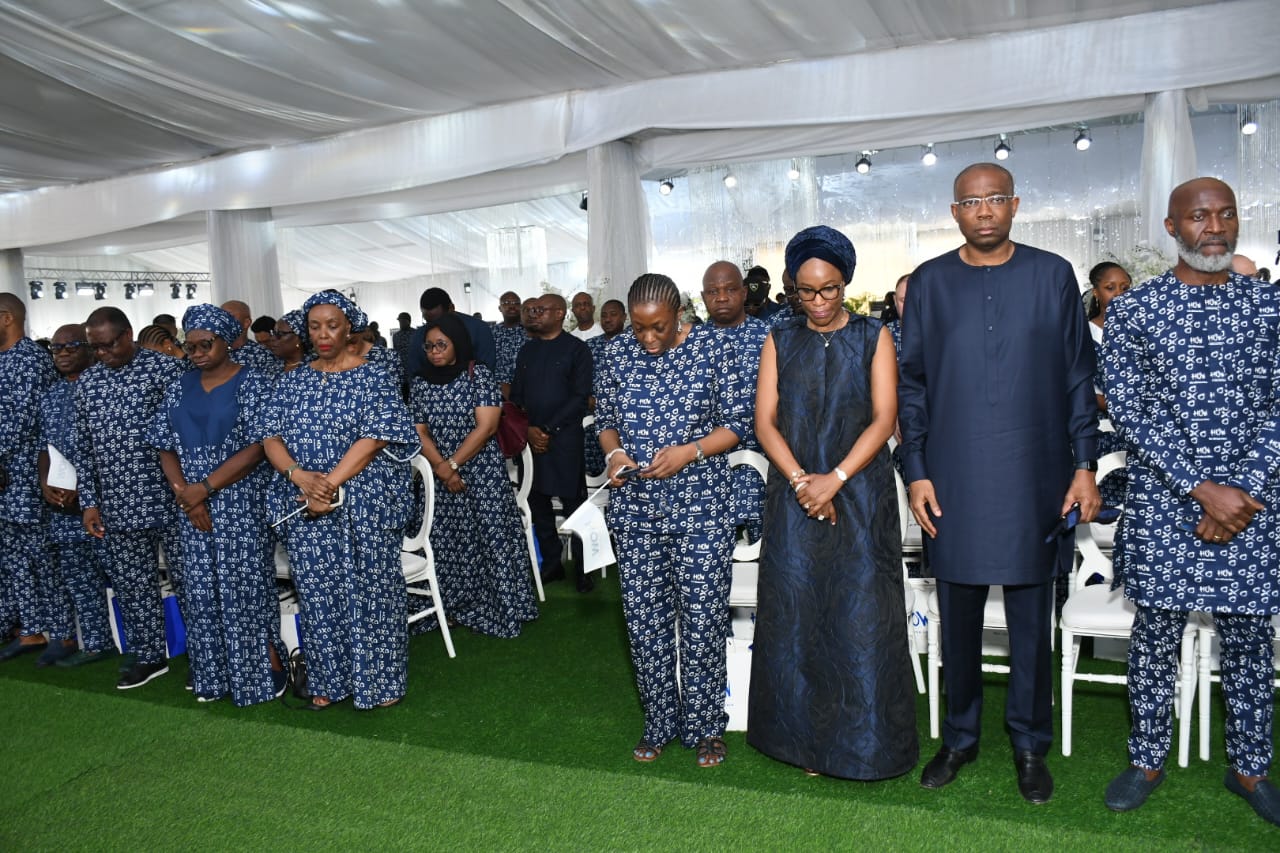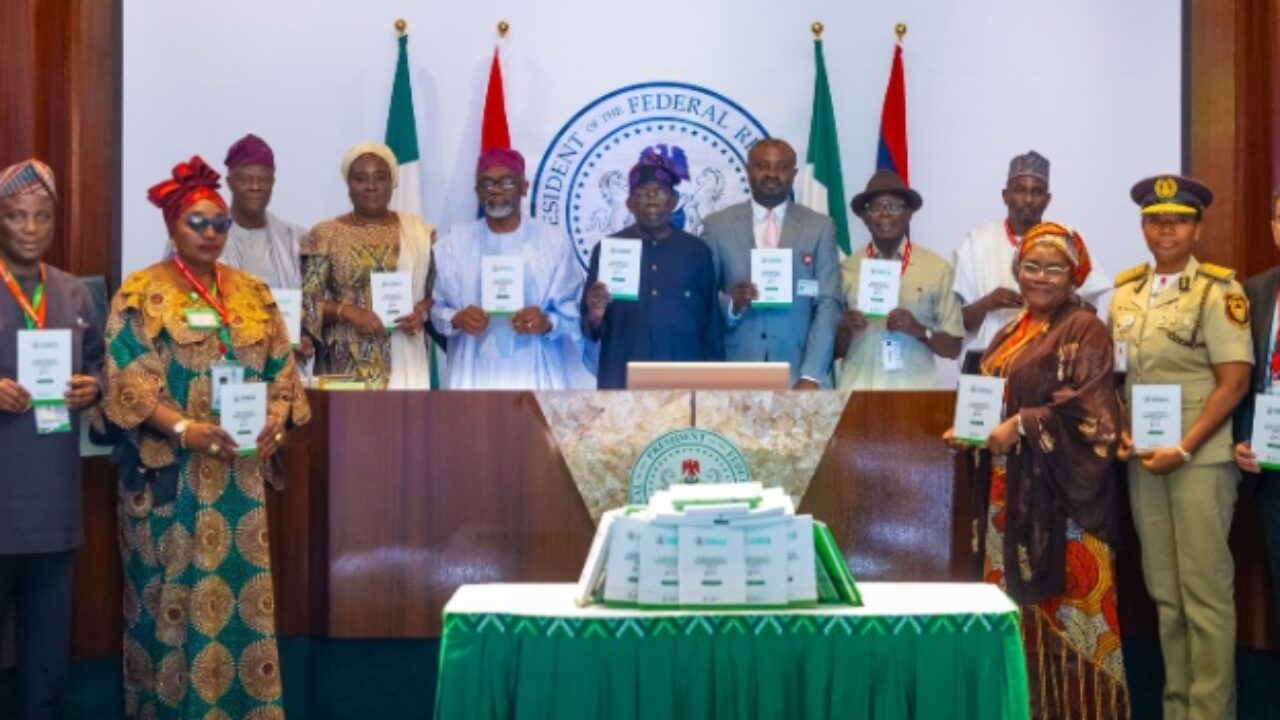When Justice Olukayode Ariwooola, Chief Justice of Nigeria (CJN) retires from the Bench in 2024, upon the attainment of the statutory, mandatory retirement age of 70 years, he would be able to count among his legacies, as CJN, the singular fact that it was under his watch that the Supreme Court achieved the full complement of 21 justices as required by law. Section 230(2) (b) of the 1999 Constitution states that “the Supreme Court of Nigeria shall consist of such number of Justices not exceeding 21 as may be prescribed by an Act of the National Assembly”. By February 2020, the number of Justices left on the Supreme Court was 13.
One after the other, their Lordships retired: Justice Paul Galumje retired in 2020, Justice Sylvester Ngwuta died while still in service in March 2021, three weeks to his 70th birthday, Justice Olabode Rhode-Vivour, retired in 2021, Justice Mary Odili in 2022, Justice Ejembi Eko in 2022, Justice Tanko Muhammad resigned abruptly in 2023, Justice Amina Augie retired in 2023, and Justice Musa Dattijo Muhammed, 2023, Justice Chima Cletus Nweze, due to retire in 2028 died in July 2023. By October 2023, the number of Supreme Court Justices had dropped to an unprecedented, all-time low of 10. Those vacancies have now been filled. It is a historic, welcome development and beyond the Bench itself, an achievement for the Bola Ahmed Tinubu administration.
The extant Revised NJC Guidelines and Procedural Rules for the Appointment of Judicial Officers of all Superior Courts (2014), and the 2016 National Judicial Policy define the processes for the appointment of such officers – nominations from a broad spectrum of persons and officials are required. Still, for some reason, there was never a full complement of Supreme Court Justices under the Buhari administration. Sometime in 2019, President Buhari had asked the then-acting CJN, Justice Tanko Muhammad, to fill the vacancies on the Supreme Court Bench. This caused a little furore, the nomination of judges not being the function of the executive. The integrity of the process was the issue. When the NJC went ahead to obey the presidential directive recommended the appointment of four new Supreme Court Justices, and sent the list to President Buhari, a civil society group, Access to Justice went to court.
We need not allow the history of the relationship between the Buhari administration and the judiciary to detain us in this present enquiry, however. It is enough to say that at those times, 2015 – 2023, the relationship between the judiciary and the executive arms of government was at different times, adversarial and complementary. Buhari was the first president to allocate the largest amount of funding to the judiciary, but it was also in those days that it became common for the houses of judges to be raided at midnight. Justice Walter Onnoghen was suspended as CJN, and forced to retire before his time. His replacement, Justice Tanko Muhammad was also forced to retire prematurely. The Buhari administration routinely disobeyed court orders and violated the rule of law. In 2016, two Justices of the Supreme Court were appointed under the Buhari administration -Justices Ejembi Eko and Amina Augie, and in 2020 four Justices – Tijanni Abubakar, Mohammed l. Garba, Abdu Aboki and Mohammed M. Saulawa but at no time since 1999 did the Supreme Court reach its full complement.
Advertisement
This has now happened with the swearing-in, a week ago, of an additional 11 justices of the Supreme Court: Haruna Tsammani (North East), Jamilu Tukur (North West), Abubakar Umar (North West), Jummai Sankey (North Central), Mohammed Idris (North Central), Stephen Adah (North Central), Moore A. Adumein (South-South), Chidiebere Uwa (South East), Chioma Nwosu-Iheme (South East) Obande Ogbuniya (South East) and Habeeb Adewale Abiru (South West). These were the 11 that made it to the Supreme Court out of the 22 that were originally shortlisted and screened by the National Judicial Council on 28th November 2023, divided then into priority and reserved candidates. The final list has 10 of the priority candidates and one that was reserved — Justice Chioma Nwosu-Iheme.
It is most appropriate to congratulate their Lordships on their elevation to the apex Court. It is a great honour and an accomplishment of no small measure to sit on the highest court in the land. The CJN underlined this when he told the 11 Justices that they should see themselves as “God’s representatives on earth.” He told them that they should not seek to please everyone: “The only deity you can fear is the Almighty God. Once your judgment is in consonance with what God expects from you, and is also in accordance with the Constitution, you should consider yourself the happiest and freest person on earth. Your moral uprightness, integrity and respect for the constitution and other extant laws in operation, must be unwavering and unassailable. Any judgement given at this level can only be upturned in heaven”.
In those words, CJN Olukayode Ariwooola reminded the JSCs of the role of the judex, and the high responsibility upon their shoulders. They are expected to be above board like Caesar’s wife, to dispense justice without fear or favour not minding whose ox is gored. These 11 Justices are taking their seats on the Supreme Court Bench at a time when the reputation of the Nigerian judiciary, including the apex court has received so much bashing, and there is a lot of cynicism about our judges among the populace. Today, not many would agree with CJN Ariwoola that Nigerian judges at any level are God’s representatives on earth, or that they have any clue about what God expects from them. The CJN could have offered his guidance without dragging God into the matter. But he was right to have suggested that all eyes will be on the apex court, especially the eyes of Nigerian politicians who think that part of their mission should be to steal the votes and also influence the judges. The eyes of lawyers will also be on the new Justices, who are already known, but in terms of how their elevation and having a full complement of the judex on the apex Bench would affect the dispensation of justice and enrich jurisprudence.
Advertisement
The key concern about the depletion of the apex court was that the dockets were full, the court was over-congested with cases, and the Justices, so few, were overworked. They were also underpaid and under-resourced as Justice Musa Dattijo Muhammad pointed out in his somewhat histrionic valedictory speech in October 2023. With the apex court now having 21 Justices, it means more cases can be heard and there can be a better rate of performance and efficiency. But for this to happen, however, the administrative processes at our Supreme Court also need to be overhauled and modernized. There is too much clumsiness that is advertised up there. Many cases that need not go all the way to the Supreme Court show up there. This should be a proper policy court, not an “orisirisi court”. It must be possible to have a strong, pro-active Registry of the Supreme Court that rejects cases that do not belong there. The Supreme Court’s original and inherent jurisdiction should be clear enough. Many lawyers have had to go to the Supreme Court only to be told that the Justices are away for another function, or that the matter should not have been brought there in the first place. In the age of telephony and modern communication, that is scandalous. The Supreme Court must become a 21st-century Court by deploying technology to aid its processes and by learning the best lessons from other jurisdictions. Any counsel that files any incompetent or frivolous matter or tries to waste the time of the court must be promptly sanctioned. These days, there is too much indiscipline by lawyers that is condoned by the Bench at all levels.
The 11 new Justices were said to have gone through screening by the Department of State Services (DSS). I think it is scandalous that potential Justices of the Supreme Court have to be screened by the DSS, which in the books has absolutely no role in the nomination or appointment of Judges. The very suggestion that the Nigerian judiciary can throw up any persons who can rise through the system and act as judges for years, only to be investigated for any form of wrongdoing at the point of elevation to the apex court is scary. But in any case, all the Justices reportedly passed the test and they were unanimously cleared by the Senate of the Federal Republic via the instrumentality of a voice vote. I think the rubber-stamp role of the Senate in the process should also be reviewed. In other jurisdictions, such as the United States, justices don’t just get to the Supreme Court. They are subjected to rigorous public scrutiny and may be rejected or withdrawn. Public hearings are held, and the nominees are interrogated. Their previous judgements are scrutinised to determine their scope, ideological bent and contributions to Constitutional doctrine. Their academic qualifications are carefully re-examined too. Students of comparative legal systems will remember the case of Justice Clarence Thomas and the sexual harassment testimony of Anita Hill in 1991, as well as the objection of Democrats to Justice Robert Kavanaugh, and the febrile public hearings that attended his screening in 2018. There is also the recent case of Ketanji Brown Jackson, the first Black woman to serve as a Justice of the United States Supreme Court. She did not get there because of her colour or gender. Her confirmation hearings were heated and contentious.
Here in Nigeria, once you make the NJC final list, you are already on the Bench. We need to review the process and allow public hearings. In the course of the review of litigations after the 2023 general elections, questions were raised about the work of at least two of the 11 Justices who are now on the Supreme Court Bench: Justice Moore Adumein in the 2023 Kano gubernatorial election case, and Justice Chioma Nwosu-Iheme whose nomination was openly questioned by Senator Elisha Abbo. It would have been good for their Lordships to be asked for example to respond to the allegations and insinuations about their professionalism.
It is also not a good thing that elevation to the highest judicial seat in the country has been reduced to geography and promotion. There has been some talk about how the appointments show diversity – that is geography. Every geopolitical zone is now well represented at the Supreme Court Bench. It must be said that Supreme Court Justices are not quota representatives. They are to be chosen based on merit, character and proven contributions to law. The notion that Justices of the Court of Appeal are entitled to be promoted to the highest court in the land is wrong. I find strong merit in the recommendation that the Supreme Court Bench should be made open to Senior Advocates of Nigeria of great distinction and academics to deepen the knowledge and expertise base of the court. The Supreme Court must not be turned into a secret society or a retirement zone for Justices of the Court of Appeal. In 2017, the Nigerian Bar Association nominated nine of its members for the Supreme Court seat but they were ignored. The appointment of judges must be reformed. And that would not be new: Justices Teslim Elias and Augustine Nnamani got to the Supreme Court through academia and the Bar. In Canada, this widening of the pool that we recommend is standard practice.
Advertisement
The big elephant in the room is jurisprudence. One of the major concerns about Nigeria’s Court of Appeal is that it had become a court of technicalities, with the judex determining cases on convenient technical grounds rather than the higher ground of judicial activism. With the new Justices of the Supreme Court coming directly from that court, it is hoped that they would not bring their over-reliance on technicalities to the Supreme Court. Once upon a time, especially during the golden era of Justices Kayode Eso, Chukwudifu Oputa, Augustine Nnamani, Ayo Irikefe, Anthony Aniagolu, Andrew Obaseki, Adolphus Karibi-Whyte, Alfa Belgore Muhammadu Uwais, Mohammed Bello… Nigeria witnessed some of the most rigorous applications of the law and the delivery of justice, even under the military, and court judgements by their Lordships were profound exercises in law, language, philosophy and wit. Over the years, the standards collapsed, as court judgements were reduced to a simple summary of pleadings and a casual pronouncement of decisions – a frightening indication of how robust craft and sound reasoning had disappeared from our courts. Most students of the law would like to see a return to the good old days not just at the apex court, but within the entire judiciary, which in itself is in urgent need of reform.
With the current talk about reconfiguration, decentralization and restructuring, whichever phrase suits our fancy, the Nigerian judiciary is also in urgent need of reconfiguring. There is too much power in the hands of the Chief Justice of Nigeria who in addition to being CJN, is also Chair of the National Judicial Council (NJC), Chair of the National Judicial Institute (NJI), Chair of the Legal Practitioners Privileges Committee (LPPC) and Chair of the Federal Judicial Service Commission (FJSC). The military after a fashion may have imagined that the head of the country’s judiciary should also be an overlord like them, but that has to change: the office of the CJN must not possess the powers of an Emperor or what Yorubas call “Kabiyesi”, that is a traditional monarch, who represents God on earth! The NJC should be unbundled. The CJN must be a democrat within the system. It should also not be the duty of the NJC to appoint and discipline judges or to appoint Chief Judges of the states. There have been calls as well for the de-centralization of the Supreme Court for more effective administration of justice, with the apex court having divisions in the country’s six geopolitical zones like the Appeal Court.
While the pros and cons of that suggestion may be a different kettle of fish altogether, the immediate expectation is that a full Supreme Court would have all its courtrooms functioning and that the new Justices would enrich our jurisprudence and help the apex court achieve its full potential. Even with these new appointments, more Justices of the Supreme Court will also soon retire. There should be no delays in filling whatever vacancies may arise. At an individual level, each one of the Justices has a duty and a responsibility to prove his or her mettle. Welcome on board, your Lordships…
Advertisement
Views expressed by contributors are strictly personal and not of TheCable.
Add a comment
